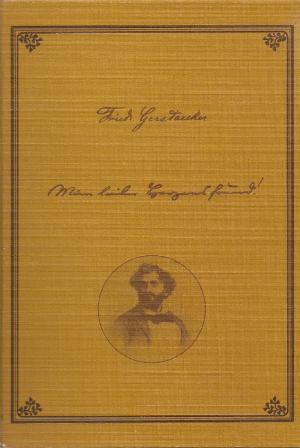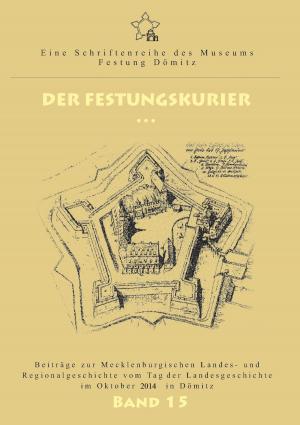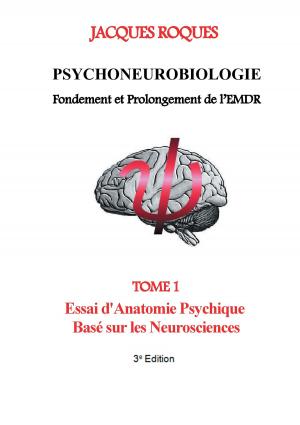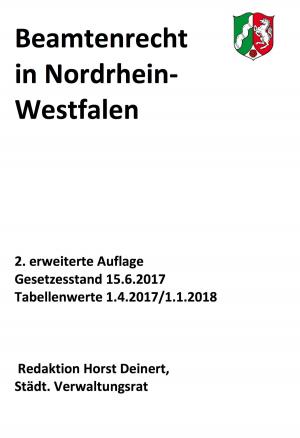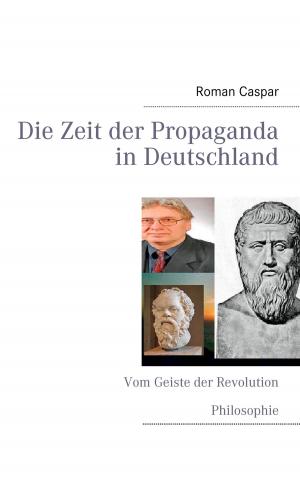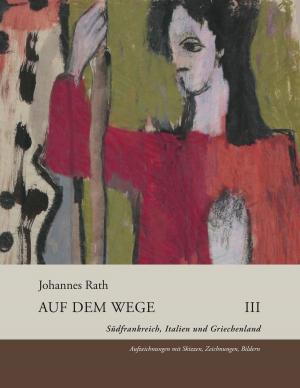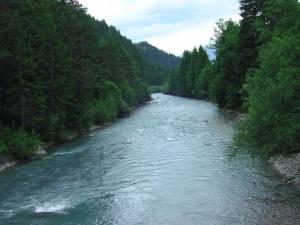Forbidden books of the original New Testament
Nonfiction, Religion & Spirituality, Christianity, General Christianity| Author: | William Wake | ISBN: | 9783743113787 |
| Publisher: | Books on Demand | Publication: | March 18, 2019 |
| Imprint: | Language: | English |
| Author: | William Wake |
| ISBN: | 9783743113787 |
| Publisher: | Books on Demand |
| Publication: | March 18, 2019 |
| Imprint: | |
| Language: | English |
To uphold the "right of private judgment," and our "Christian liberty wherewith Christ hath made us free;" to add fuel to the fire of investigation, and in the crucible of deep inquiry, melt from the gold of pure religion, the dross of man's invention; to appeal from the erring tribunals of a fallible Priesthood, and restore to its original state the mutilated Testament of the Saviour; also to induce all earnest thinkers to search not a part, but the whole of the Scriptures, if therein they think they will find eternal life; I, as an advocate of free thought and untrammelled opinion, dispute the authority of those uncharitable, bickering, and ignorant Ecclesiastics who first suppressed these gospels and epistles; and I join issue with their Catholic and Protestant successors who have since excluded them from the New Testament, of which they formed a part; and were venerated by the Primitive Churches, during the first four hundred years of the Christian Era.
To uphold the "right of private judgment," and our "Christian liberty wherewith Christ hath made us free;" to add fuel to the fire of investigation, and in the crucible of deep inquiry, melt from the gold of pure religion, the dross of man's invention; to appeal from the erring tribunals of a fallible Priesthood, and restore to its original state the mutilated Testament of the Saviour; also to induce all earnest thinkers to search not a part, but the whole of the Scriptures, if therein they think they will find eternal life; I, as an advocate of free thought and untrammelled opinion, dispute the authority of those uncharitable, bickering, and ignorant Ecclesiastics who first suppressed these gospels and epistles; and I join issue with their Catholic and Protestant successors who have since excluded them from the New Testament, of which they formed a part; and were venerated by the Primitive Churches, during the first four hundred years of the Christian Era.


